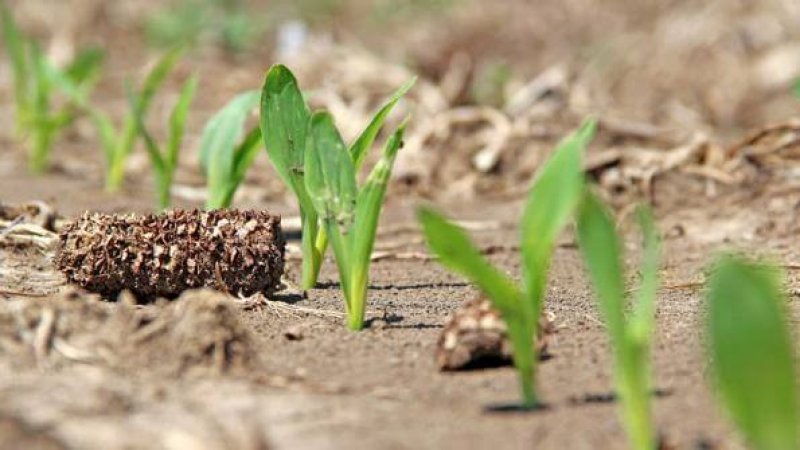Jonathon Foley, Director of the Institute for the Environment at the University of Minnesota, acknowledges that there are no apparent health or safety concerns about GMOs but attacks the technology from a different perspective–the fact that it is technology. In an article in Ensia, Foley addresses the raging debate over global food security–the human population will expand by billions in coming years while food production is predicted to be stagnant unless new farming methods are introduced.
In an ideological tour de force, Foley contends that the drivers of the Green Revolution–pesticides and crop biotechnology–will actually be a drag on food production and distribution going forward. Much of the essay is a veiled attack on GMOs. He sets up a familiar strawman, saying that biotech supporters have contended that the technology is a panacea, and that it has not resulted in a production boom. Foley contends instead that farmers should move towards “lower-technology approaches” such as improving soil nutrition and water availability.
Foley highlights work in the lab at the Institute for the Environment, where scientist Nathan Miller “has shown how focusing on improved soil nutrition and water availability is key to boosting crop yields.” For small farmers, yields can be increased, he contends, with “improving agronomic practices, such as adding organic matter, small doses of fertilizer, and extra water.”
“Key strategies include reducing food waste, rethinking our diets and biofuel choices, curbing population growth, and growing more food at the base of the agricultural pyramid with low-tech agronomic innovations,” Foley writes. “Only through a balanced approach of supply-side and demand-side solutions can we address this difficult challenge.”
Foley argues for a “balanced approach” but specifically eschews tools that many believe should be a major part of the solution: the judicious use of chemicals and crop biotechnology. Most agricultural experts believe that his proposed solutions could play a role in improving global food security, but say that this complex challenge requires a range of strategies, including advanced technology–a truly ‘balanced approach.’
Read the full, original story here: “Changing the global food narrative”
Additional Resources:
- “Greener than green: Biotech and the future of agriculture,” Ramez Naam
- “GM crops may be key to global food security,” Business Day
- “GMO debate is distracting us from more effective food security interventions,” Forbes































